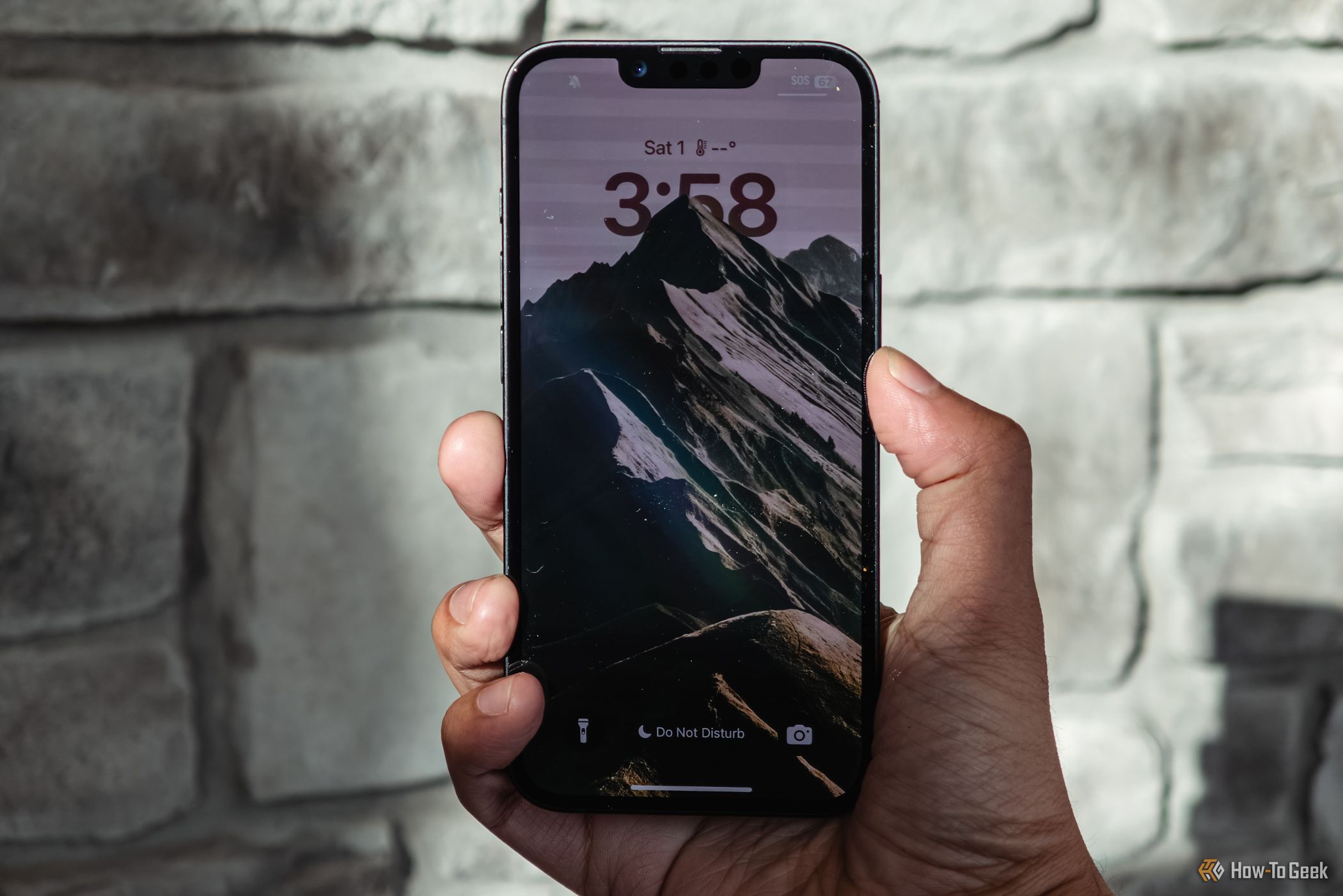Is Duolingo safe? Here’s what you should know

Duolingo has become a favorite for language learners worldwide, offering courses in over 30 languages, including less commonly taught ones like Scottish and Zulu. Its engaging, gamified approach uses listening exercises, flashcards, and interactive stories to suit different learning styles. With bite-sized lessons, users can learn at their own pace, making language learning accessible anytime, anywhere.
However, as its user base grows, so do concerns about data privacy and app security. While not inherently unsafe, Duolingo collects user data, raising questions about handling this information. This post explores the app’s safety features, data practices, and potential risks, helping you understand how to use the platform securely.
Understanding how Duolingo works
Once you decide to use Duolingo, you’ll start by choosing a language and taking a short placement test. This test helps the app figure out your skill level. The first lesson begins with translating, matching words to images, listening to phrases, and speaking exercises. After completing your first lesson, you’ll need to create an account to keep using the app.
To keep you motivated, Duolingo uses rewards and streaks. Practicing every day helps you maintain your streak and build a learning habit. The app tracks your progress and adjusts lessons to focus on improvement areas. You can also connect with friends, compete on leaderboards, and join community events, adding a fun and social element to the learning experience.
The app keeps learning engaging by incorporating a mix of activities. You’ll answer multiple-choice questions, fill in missing words to complete sentences, practice pronunciation through speaking tasks, and sharpen your listening skills with audio exercises. This variety helps maintain interest and caters to different learning styles.
Is Duolingo safe?
Duolingo strongly emphasizes user privacy and data protection, offering tools through its Data Vault that allow users to access, download, or delete their data or request account deletion. This aligns with GDPR and other data protection standards, and few apps make data management as user-friendly as Duolingo.
Like many apps, Duolingo collects user data, including personal details like name, email, and age, along with learning progress, usage patterns, and device information. The company claims to secure data in transit with SSL encryption and enforce strong password policies, but it hasn’t shared specifics about how data is protected on its servers.
Additionally, there’s no information about internal or external security audits. While many companies choose not to reveal these details, this lack of transparency may raise questions for privacy-conscious users.
Duolingo and data collection
Duolingo collects various data types to enhance its teaching tools and user experience. These include information about the languages you study, completed lessons and skills, your personalized in-app dictionary, usage logs detailing when and how long you use the app, and any in-app purchases.
According to the developers, this data helps refine and tailor the learning experience to individual users. The app also gathers metadata, such as your device type, operating system, and app version, which aids in identifying bugs and improving functionality.
When you create an account, personal data is also collected, including your email address, password, age, and phone number. If you sign up via Google, Facebook, or Apple, Duolingo may access information from those accounts, such as your email and, in some cases, your contacts.
This data serves multiple purposes beyond app performance. It allows Duolingo to personalize your learning journey, improve features, target ads for free users, and research language learning. These practices aim to make the app more effective while contributing to broader educational advancements.
Duolingo data breach: what happened and what you need to know
Data from 2.6 million Duolingo users was leaked on a hacking forum in 2023, creating opportunities for cybercriminals to carry out targeted phishing campaigns. Duolingo, a popular language learning platform with over 74 million monthly users, faced significant privacy concerns following this breach.
In August 2023, the stolen dataset was listed for sale on the now-defunct Breached hacking forum for $1,500. The compromised information included publicly visible usernames, real names, and private details like email addresses and internal service-related data.
While usernames and real names are part of public profiles, the exposure of email addresses poses a greater risk, as it can be exploited in coordinated attacks using publicly available information. The most significant risk of this attack type is identity theft.
How to protect your privacy while using Duolingo
Maintaining strong cybersecurity practices is essential. Here are some important tips to follow when using Duolingo, or any app for that matter:
1. Ensure your app stays updated for better security
Regularly updating your Duolingo app is crucial for safeguarding your personal information. These updates often include essential security patches and privacy enhancements that help protect against potential breaches. By keeping your app up-to-date, you reduce the risk of vulnerabilities being exploited by cyber threats.
2. Create strong, unique passwords for your account
It’s essential to use a unique and robust password for your Duolingo account to enhance security. In addition, using a password manager makes it easier to securely store and manage your passwords, allowing you to create strong passwords for every account without the hassle of remembering them all.
3. Control Duolingo’s permissions for enhanced privacy
Be mindful of the permissions you grant to Duolingo, providing only those necessary for its core functions. Apps that request excessive access to your data could be a cause for concern. If you consider Duolingo asking for too many permissions, explore other options prioritizing user privacy and offering more restrictive settings.
4. Use a VPN with Duolingo
Using a VPN (Virtual Private Network) with Duolingo helps protect your privacy by preventing location-based tracking. This way, you can avoid being targeted by personalized ads tailored to your geographic location, ensuring a more secure and less intrusive experience while using the app.
WANT TO TRY THE TOP VPN RISK FREE?
NordVPN is offering a fully-featured risk-free 30-day trial if you sign up at this page. You can use the VPN rated #1 by Comparitech with no restrictions for a month.
There are no hidden terms—just contact support within 30 days if you decide NordVPN isn’t right for you and you’ll get a full refund. Start your NordVPN trial here.
5. Protect your privacy by adjusting Duolingo’s settings
It’s a good idea to set your Duolingo profile to private through the app’s settings to safeguard your personal information and reduce unwanted attention. This simple adjustment limits your online visibility and helps protect your data. It’s also smart to apply similar privacy settings across all your apps and online accounts for added security.
Here’s how to make your Duolingo profile private:
- Open Duolingo’s official website and log into your account.
- Go to Settings and then to Privacy
- Disable “Make my profile public” and that’s it!
FAQs: Your top questions about Duolingo answered
Let’s address some of the most frequently asked questions about Duolingo! Whether you’re curious about how your information is handled or how to optimize your learning experience, we’ve got you covered with clear and helpful answers.
Is Duolingo Safe to Use?
Yes. As an app that gathers user data, Duolingo emphasizes the importance of being aware of your privacy. By knowing what information you’re sharing and utilizing the privacy settings, you can reduce possible security risks.
Does Duolingo ban users?
Yes, Duolingo has clear guidelines for account usage and testing. The platform enforces a strict one-account-per-user policy and forbids the creation of multiple accounts. Violating these rules may lead to account suspension or permanent removal.
What are the common ban triggers on Duolingo?
Bans may occur for using unauthorized resources during tests, such as third-party software or screen sharing tools. Violations like copying answers, memorizing responses, or impersonating another user can lead to test invalidation or account suspension.
How does Duolingo ensure security across different platforms?
Duolingo tailors security across platforms, offering advanced features on iOS but with mandatory updates and fewer downgrade options. Android users enjoy more control over app versions, while desktop users can enhance functionality with browser extensions. Frequent updates improve security but may cause instability or remove features.
Source link











